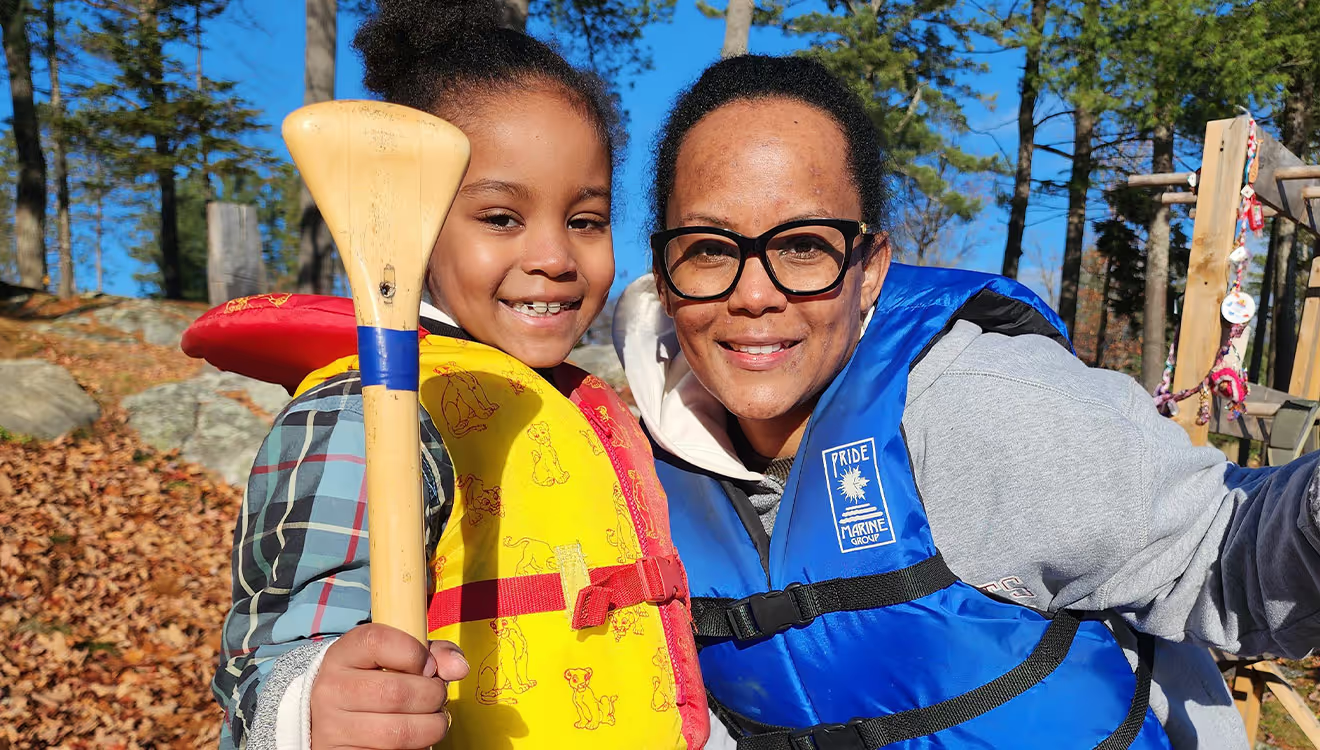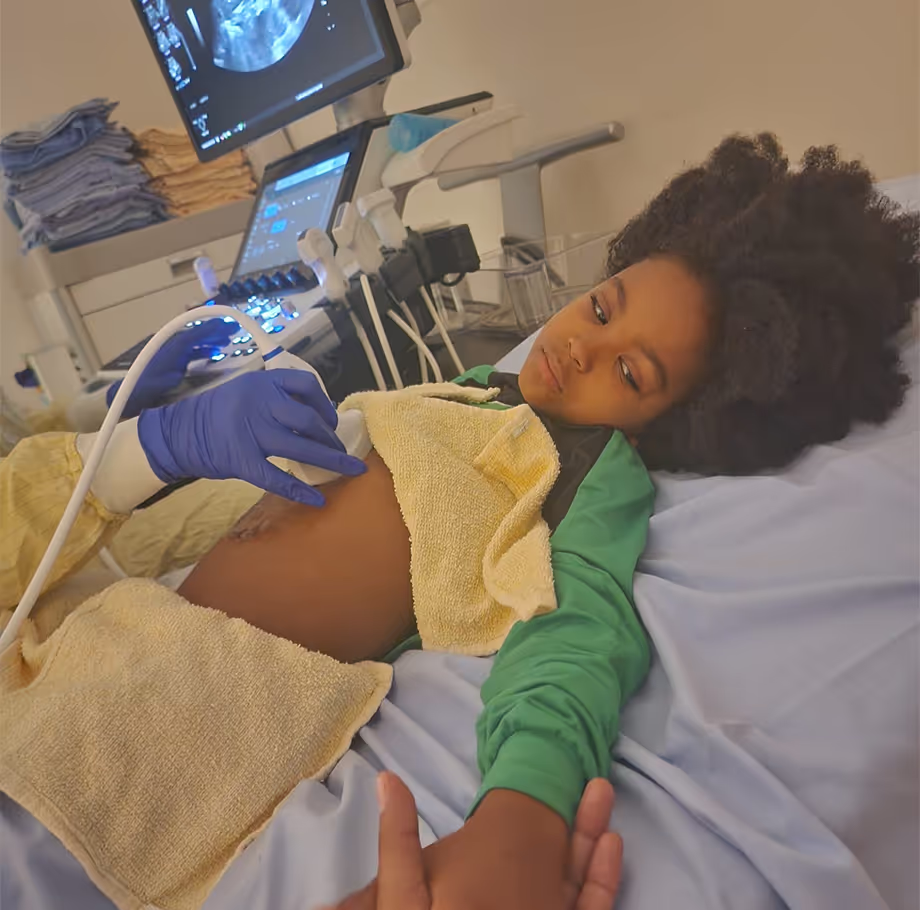
For 20 years, Rishan comforted frightened parents as an emergency room nurse. But last year, she became one herself. Her six-year-old son, MJ, began showing subtle symptoms—untouched lunches, leg pain, and occasional palpitations—that ultimately led to a devastating diagnosis: childhood leukemia.
"Cancer stole more than just time—it stole pieces of MJ’s childhood,” Rishan said. “He had to give up soccer, swimming, summer camp—everything that made him feel like a normal kid was replaced by IV poles and hospital walls. Nights that should've been filled with bedtime stories were spent under fluorescent lights, listening to nurses adjust his chemo meds. I'll never forget pacing those halls one evening, phone in hand, trying to call his soccer coach. It was our week to bring snacks for the team, and I just froze—I couldn’t find the words to say why we wouldn’t be there. And then there was his hair—so long, full and beautiful. Losing it wasn’t just about looks; it was one more thing cancer stole. I never got to take him for his first haircut."
At first, it was easy to dismiss the warning signs. “I made excuses for his symptoms,” she said. “He would ask me to carry him up the stairs and I was like, ‘Okay, whatever, he likes being carried.’” His picky eating worsened, then came persistent leg pains she chalked up to soccer and growing pains. But when MJ’s pajama pants started slipping off his tiny frame, she knew something was truly wrong.

The early months of treatment were gruelling. “We were admitted basically every month for six months,” Rishan recalled. “He was getting poked and prodded constantly. Sometimes the treatments lasted a week or two. He was just over it.”
Through it all, the care at SHN’s Centenary Pediatric Oncology Group of Ontario (POGO) clinic made a lasting impact. “They’re so kind, so attentive, and always available,” she said. “They know their stuff. They’re patient—like MJ, the steroids make him super grumpy—and they would see him and treat him kindly even on his worst days.”
Rishan’s gratitude extends to the donors who make this care possible. “As both an SHN nurse and a parent of a patient, I know how much donor support makes a difference—for kids like my son, and for the countless young patients I have seen come through our emergency rooms.”
Her message to other parents is simple but powerful: “If you notice something that’s off, take that first step and get it checked out. Knowledge is power. Even if it’s nothing, it’s better to know than to wait.”
The family now splits time between SHN for blood transfusions and SickKids for chemotherapy. His treatment will continue until October 10, 2028, when the family hopes to celebrate him being cancer-free.
His journey is a testament not only to resilience and hope, but to the extraordinary care at SHN’s Centenary Hospital—a place where medical expertise, compassion, and donor support come together to make life-saving care possible.
“I hope my story helps even one family act sooner,” Rishan said. “And if it inspires someone to make a gift in support of SHN, it will mean even more.



